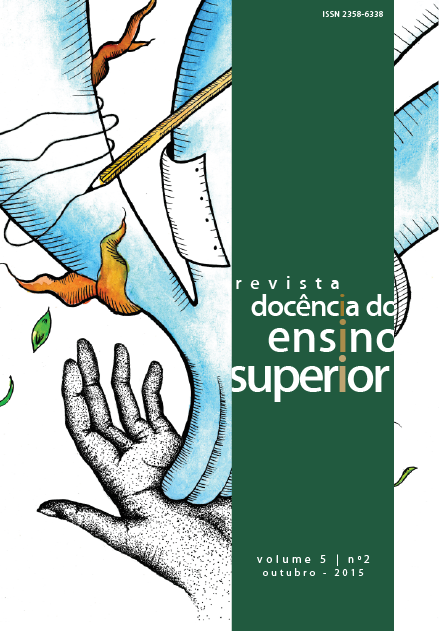Environmental health
responsiveness of an investigative process and the construction of knowledge
DOI:
https://doi.org/10.35699/2237-5864.2015.2017Keywords:
Epistemology, Environmental health, EducationAbstract
In Brazil, the term “environmental health” is defined by the Ministry of Health as an area of public health, with scientific knowledge, engaged in the formulation of public policies related to the interaction between human health and the factors of the natural environment. Like other specific areas of teaching and education, we seek to further consolidate this movement for qualifying this knowledge in order to become responsive the assisted population. The objective was to build a participatory research route with the investigated environment, which would enable the understanding on Science and Society. Keeping critical look on such move, we understand that the investigative methods and their significance means while building knowledge for development are under a tension of opposing forces: nature and society. So this investigative process led us to question this nature that the protagonists put in their speeches, building meaningful paths to corporate improvements.
Downloads
Downloads
Published
Issue
Section
License
Authors who publish in this journal retain the copyright and grant the journal the right of first publication, with the work simultaneously licensed under the Creative Commons Attribution License which allows the sharing of work with acknowledgment of authorship and initial publication in this journal.
Authors are authorized to take additional contracts separately, for non-exclusive distribution of the version of the work published in this journal (e.g. publish in institutional repository or as a book chapter), with acknowledgment of authorship and initial publication in this journal.
Open access policy:
Revista Docência do Ensino Superior is an Open Access journal, which means that all content is available free of charge, at no cost to the user or their institution. Users may read, download, copy, distribute, print, search, or link to the full texts of the articles, or use them for any other legal purpose, without seeking prior permission from the publisher or author, provided they respect the license to use the Creative Commons used by the journal. This definition of open access is in line with the Budapest Open Access Initiative (BOAI).



























